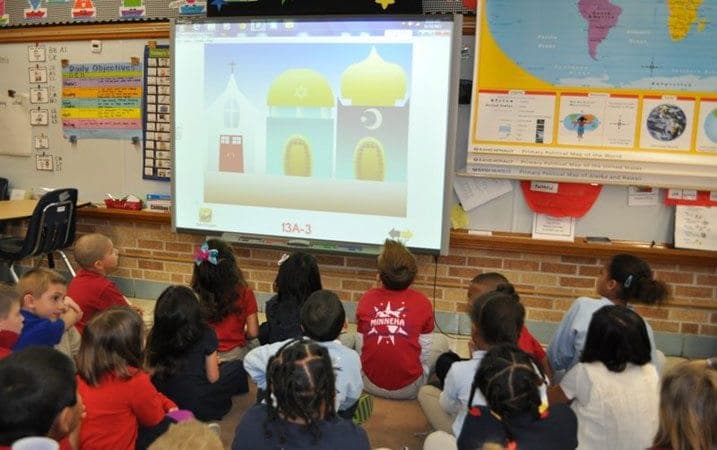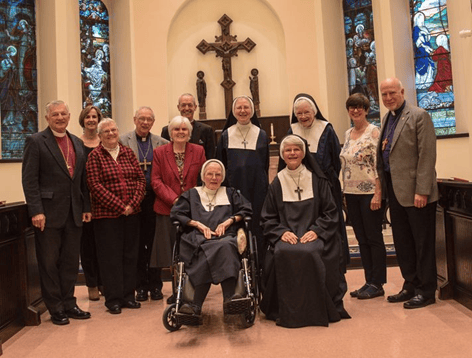FRANKFORT — Legislation setting guidelines for public schools to let students express religious beliefs and to allow use of the Bible in secular classes appeared headed to the Kentucky Senate following committee approval Thursday.
The bill gained bipartisan backing in the Senate Veterans, Military Affairs and Public Protection Committee, and a top senator said the Senate could vote on it as soon as Friday.
The measure would allow students at public schools to engage in religious or political activities on school grounds. It was denounced by one lawmaker, Sen. Perry Clark, who said it seeks to “establish one ecclesiastical policy as pre-eminent over others.”
Under the measure, students could display religious messages on their clothing “to the same extent” nonreligious messages are allowed. Like other school groups, religious-based student groups could meet outside of instructional time.
It also would permit local school boards to allow schools to sponsor “artistic or theatrical programs” that advance learning of “society’s cultural and religious heritage.” That section is a response to a 2015 decision at an eastern Kentucky elementary school to cut Bible passages referenced in a performance of “A Charlie Brown Christmas.”
Sen. Albert Robinson, R-London, said Thursday his measure would help guide school administrators who are afraid of being sued if they allow students to “exercise these rights.”
The section allowing public school teachers to use the Bible or other scripture for the secular study of religion, its history and role in the U.S. provoked the biggest opposition.
Kate Miller of the American Civil Liberties Union of Kentucky said the bill’s framework for Bible literacy study lacks sufficient guidelines “to keep that study from straying from teaching to preaching.”
Existing law already protects students’ speech and religious rights, she said; the legislation would do nothing to enhance those rights.
She said the bill would likely create confusion about what’s “constitutionally permissible” in classrooms. That could “invite legal challenges,” she said.
Clark, the lone committee member voting against the bill, said the measure infringes on “very strong historical precedents” to separate church and state. Religious instruction, the Louisville Democrat said, is “best left to the home and to the church, unaided and untainted by the state.”
However, Martin Cothran, a spokesman for The Family Foundation of Kentucky, said the measure would do just the opposite.
“Sometimes it’s nice to have it spelled out specifically in order to avoid confusion, in order to avoid the need for everyone to lawyer up,” he said.
Senate Majority Floor Leader Damon Thayer, R-Georgetown, said the bill — which also pertains to public universities — could come up for debate as soon as Friday in the GOP-led Senate.
Similar measures cleared the Senate in the past but died in the House when it was controlled by Democrats. The House is now run by Republicans.
The legislation is Senate Bill 17.

















